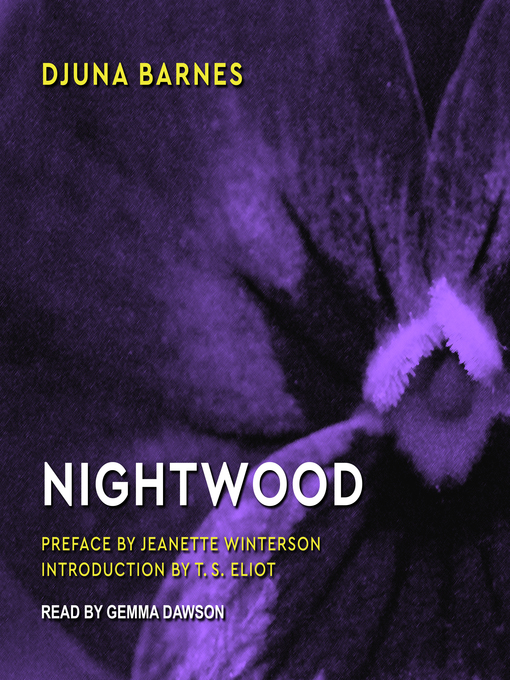

However, because “God forgot,” Matthew is biologically male and must abide by traditional standards of masculinity during the day.

Matthew describes himself as “the girl that God forgot,” meaning that he believes he is female in some essential way. Matthew is an unlicensed gynecologist who is forced to dress and act in traditionally masculine ways during the day, which prevents him from finding happiness or fulfillment because he secretly believes he was supposed to be a woman. Through Matthew and Robin, Barnes illustrates the emotional toll of gender and/or sexual nonconformity in a society that demands heteronormativity. Both Matthew and Robin suffer because they don’t fit in with what society says they should be: straight, cisgender, and monogamous.

Matthew O’Connor presents as male but yearns to be a woman (although he shares this with another character, he does not come out to everyone and uses he/him pronouns), and Robin Vote (who uses she/her pronouns) defies all labels but does not conform to heteronormative standards of either sexuality or gender. Many of these people, including two key characters in Barnes’s novel, were gay or identified as what was then termed an invert (someone whose gender identity did not match their biological sex). This Paris only emerged at night, flocking to the bars to drink and to enjoy just being around other people who couldn’t be themselves during the day. But underneath the bright, glittering world that these writers lived in and wrote about was a different Paris, a dark Paris full of outcasts and social deviants. Scott Fitzgerald, Gertrude Stein, and James Joyce. Djuna Barnes’s Nightwood is set in 1920s Paris-the same Paris that saw the rise of Ernest Hemingway, F.


 0 kommentar(er)
0 kommentar(er)
